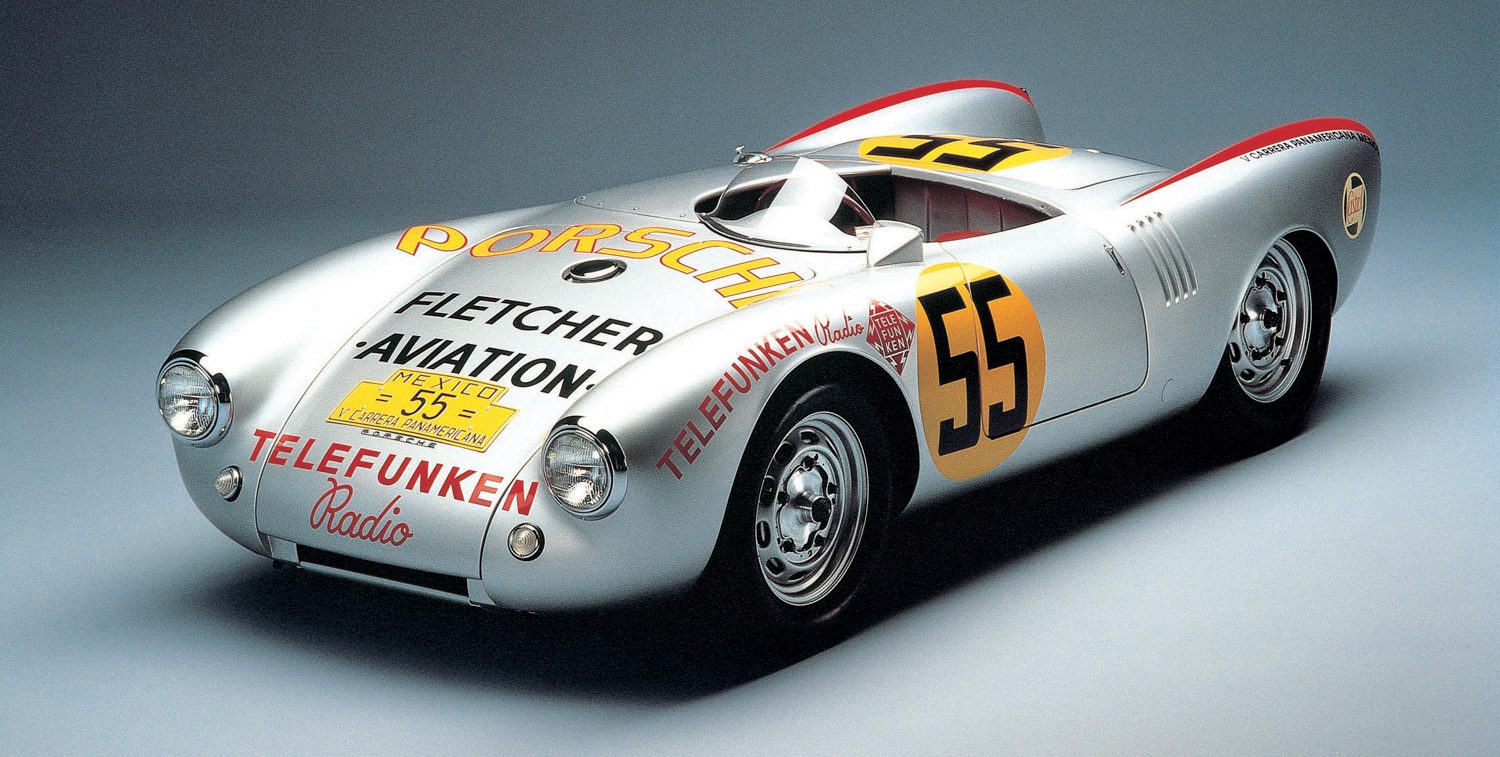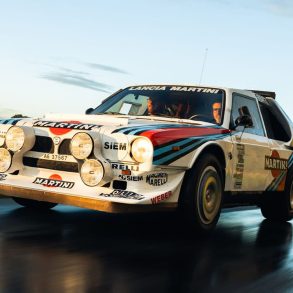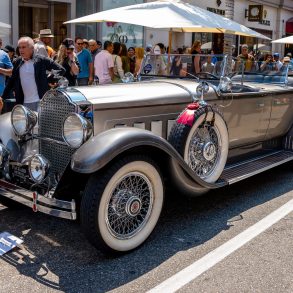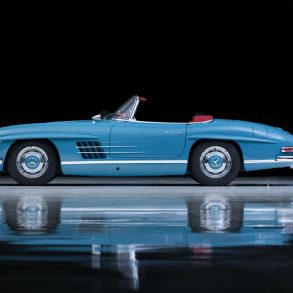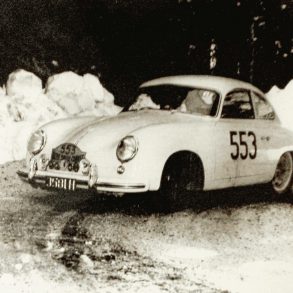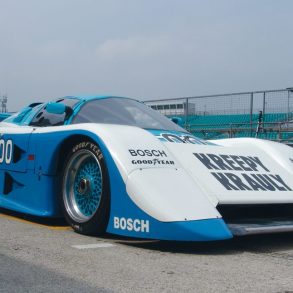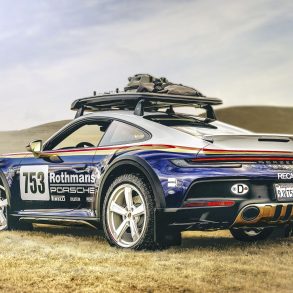Perhaps the better question is: “When is a Porsche, not a Porsche?” These may seem to us enthusiasts like trivial, seemingly obvious questions, and yet the answers are allegedly being debated in a boardroom in Stuttgart, with the very future of a revered company hanging in the balance.
Until recently, I had no idea this was even a question, quite frankly. A colleague and I were discussing Porsche sibling Audi’s virtual dominance of the current sports car world after its convincing victory in the recent Petite Le Mans. I had mentioned the fact that it was a shame we would likely never get a chance to see Porsche race against Audi – since they are essentially the same company – and it would be pointless for either firm to spend tens of millions of dollars to try and beat one another.

“Porsche bowed out of the world sports car stage to allow Audi a chance at the limelight,” I said, “and I’ll bet that Audi will hang it up in a year or so and let Porsche rejoin the battle.”
However, my friend’s answer stunned me. “Depending on who has their way on the Porsche board, we may or may not see Porsche return to motorsport,” he said.
“Do you mean Porsche is considering turning its back on motorsport? You’ve got to be kidding,” I replied.
My friend went on to tell me the rumor circulating the ALMS paddock has been that there is a growing movement within Porsche’s board of directors that Porsche doesn’t need to race any longer. Apparently, with the introduction of the hot-selling Boxster, and the vast sums of money saved by not actively developing and racing cars as a factory effort, Porsche as a company has become more profitable than at any time in its history. Apparently, some in Stuttgart have reasoned that Porsche has proven itself on the tracks of the world for 50 years and no longer needs to devote the effort and money to do so. And if there was ever any doubt about Porsche’s progressive shift in focus, you need look no further than Porsche’s upcoming debut of its first entry into the sport utility market. A Porsche SUV? Can a Carrera mini-van be far behind?
While it is certainly true that companies in general – and car companies in particular – evolve and change with the times. It is also generally true that these companies hold onto their core values and the “essence” that is its brand. Whether they choose to admit it or not, Porsche is synonymous with racing. Pure and simple.
In the early days, many people learned about and fell in love with the 356 because it was successful in events like the 24-Hours of Le Mans and the Liege-Rome-Liege rally. The fact that the 911 has been in production for some 37 years is in no small part due to the developments and image generated from continual testing in the cauldron of international motorsport competition.
The more I think about it, the more incredible it seems that anyone at Porsche could believe the company could move into the new century without racing. Imagine a Disney that no longer caters to the whims of children, a Coca-Cola that no longer produces soft drinks. Sure, these companies have the resources and technical ability to do other things, but then they would no longer be the same company. The same is true for Porsche.
I have every confidence that Porsche can produce a great SUV… I’m sure they could also produce a great pickup truck or limousine, as well. But numerous other companies also do a fine job of producing those types of vehicles. However, there are scant few companies which can provide the enthusiast with a world-class sports car that carries the pedigree of 50 years of international motorsport competition. That is Porsche’s core. Racing made Porsche what it is today – to turn its back on that is to close one company and start a new one. It is sometimes said that to turn your back on the past is to damn your future – I sincerely hope this will not be Porsche’s fate.


